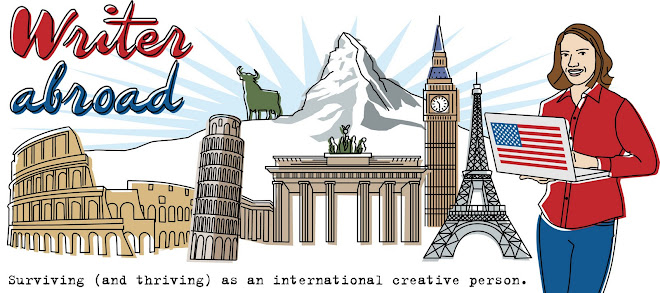Writer Abroad is sometimes hired to help other writers shape an idea, edit an essay, or prepare a piece for publication.
 |
| Most big bylines start with a little letter. |
One.
Get the address right.
Address your letter to the right editor. This is sometimes easier said than done. But it’s critical to address your letter to someone specific because it shows you’ve done your research. Never write: Dear Editor,
Two.
Do your research.
Speaking of research, you have read the publication you’re submitting an idea to, yes? This is also critically important. You don’t want to suggest a travel story to say, McSweeney’s, when they clearly don’t publish them.
Three.
Angle the piece correctly.
Angle your piece to the publication you’re pitching. Sure, you could sell a travel story about a festival in Switzerland many ways. But you must figure out: What is the right way to sell that idea for the publication you’re targeting? Read that publication (see step two) but also look at the way they title things. Then create a title for your piece that has the same tone and style. Just doing that will do wonders for getting your idea from pitch to publication.
Four.
Be brief, yet impactful.
Keep your pitch letter brief. Say 300 words maximum. If you can’t get across the idea succinctly, keep editing until your idea and prose are both clear and crisp.
Five.
Answer these two questions in your letter.
Be sure to answer the questions “why now” and “why you.” These are the two questions every editor usually cares about. Why should they publish your idea now? What is timely or new about it? And why are you the perfect one to write it? Be sure to include a short, one-paragraph bio at the end of your letter.
Finally, since nothing helps like an example pitch letter, stay tuned next week for a query letter written by yours truly, along with a link to the article that came to life because of it.






